I couldn't get MASM to accept a far call instruction written as call 0f000h:1260h, probably because of the issues brought up in this question.
Instead of messing around with cryptic MASM directives, I decided to manually encode it into my program using DB like so:
pushf ;IRET will be executed, push flags.
db 9ah,60h,12h,0,0f0h ;call location f000:1260.
;Location pointed to by int 1c (System timer tick)
;BIOS defaults it to a dummy IRET
While tracing through the program with DEBUG.COM, I noticed that "DB FE" appears after the execution of the call instruction. However, this doesn't occur when executing int 1ch. What's the difference between these two methods of jumping to location f000:1260?
I assumed that DEBUG wasn't recognizing 0xfe (along with the following bytes) as a valid opcode. I dumped location f000:1260 in order to see which bytes were there.
Byte 0xfe is indeed present, along with some other bytes. I know that 0xcf by itself is the opcode for IRET (which is all that I was expecting to find), so what are these other bytes?
Here's the IVT entry for int 1ch at location 0000:0070.
UPDATE
As Michael Petch stated in his answer, the strange bytes make up a callback mechanism into DOSBox. I was curious to see what would happen if I tried to execute this callback in my main program.
Executing:
xor ah, ah ;select set video mode function
mov al, 13h ;320x200 256 colors
db 0feh,38h,18h,00h ;set video mode DOSBox callback.
;Nothing pushed to stack.
Seems to be exactly the same as executing:
xor ah, ah ;select set video mode function
mov al, 13h ;320x200 256 colors
int 10h ;set video mode.
;Three registers pushed, FLAGS altered (by INT)
;callback occurs, registers popped (by IRET)
The only difference being that int pushes FLAGS, CS, and IP, as well as clears IF and TF. The program is returned to an IRET (at location f000:1264) which undoes all of that.
"DB FE" still shows up in DEBUG. I think the callback is only triggered by the combination of 0xfe and 0x38. It first tries to execute 0xfe, which in this case is not part of a valid opcode and does nothing (0xfe is part of inc opcode when followed by valid bytes), then upon encountering the following 0x38 the callback occurs.


